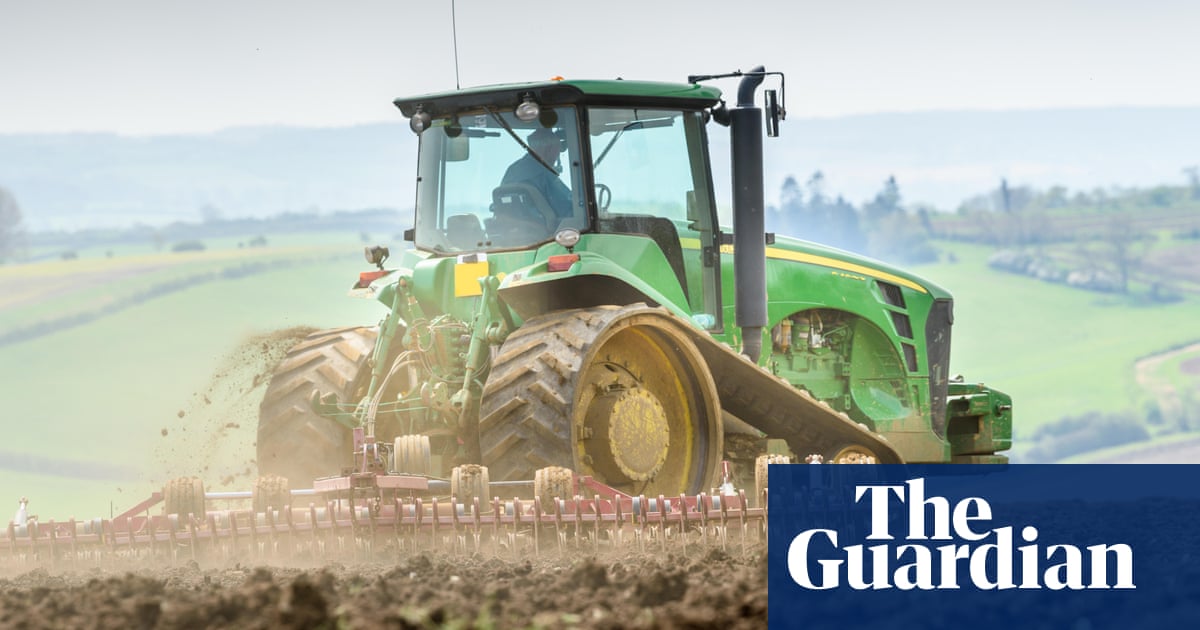Ministers wrongly refused nature funding to 3,000 farmers inEnglandwhen they shut the post-Brexit subsidy scheme, the government has admitted.
There wasanger earlierthis year when the environment secretary, Steve Reed, suddenly paused a key post-Brexit farming payments scheme with little information about what would replace it and when.
The sustainable farming incentive (SFI) is part of a package of payments that replaced the EU’s common agricultural policy and paid land managers for the amount of land in their care, with the aim of paying farmers to look after nature, soil and other public goods, rather than simply for farming and owning land. Many farms rely on these payments.
The pause was implemented suddenly despite farmers applying for SFI funding having been shown a message on the government website saying that if the scheme was to close, they would be given six weeks’ notice.
The decision to reopen the schemes to farmers who had been shown this message was taken after the National Farmers’ Union submitted a legal complaint to the Department for Environment, Food and Rural Affairs (Defra), arguing it was unlawful.
Daniel Zeichner, the farming minister, said in a statement to parliament that he had “remade the decision to close the SFI 2024 scheme to new applications, without notice, on 11 March 2025, taking into account the message that was published in error on the screen”.
He said about 3,000 applications had been affected, and those farmers would be given a new opportunity to apply for the funding.
A Defra source said: “We are taking responsibility, apologising and reopening the scheme to those affected.”
A new SFI scheme will be opened after the June spending review. Ministers say the new version will be “better value for money”, and areconsidering excludingthe wealthiest farmers from the scheme.
The farming sector hasfelt embattledunder the Labour government after the Treasury implemented an inheritance tax on agricultural businesses, which some farmers have said could prevent them passing on their business to their children.
